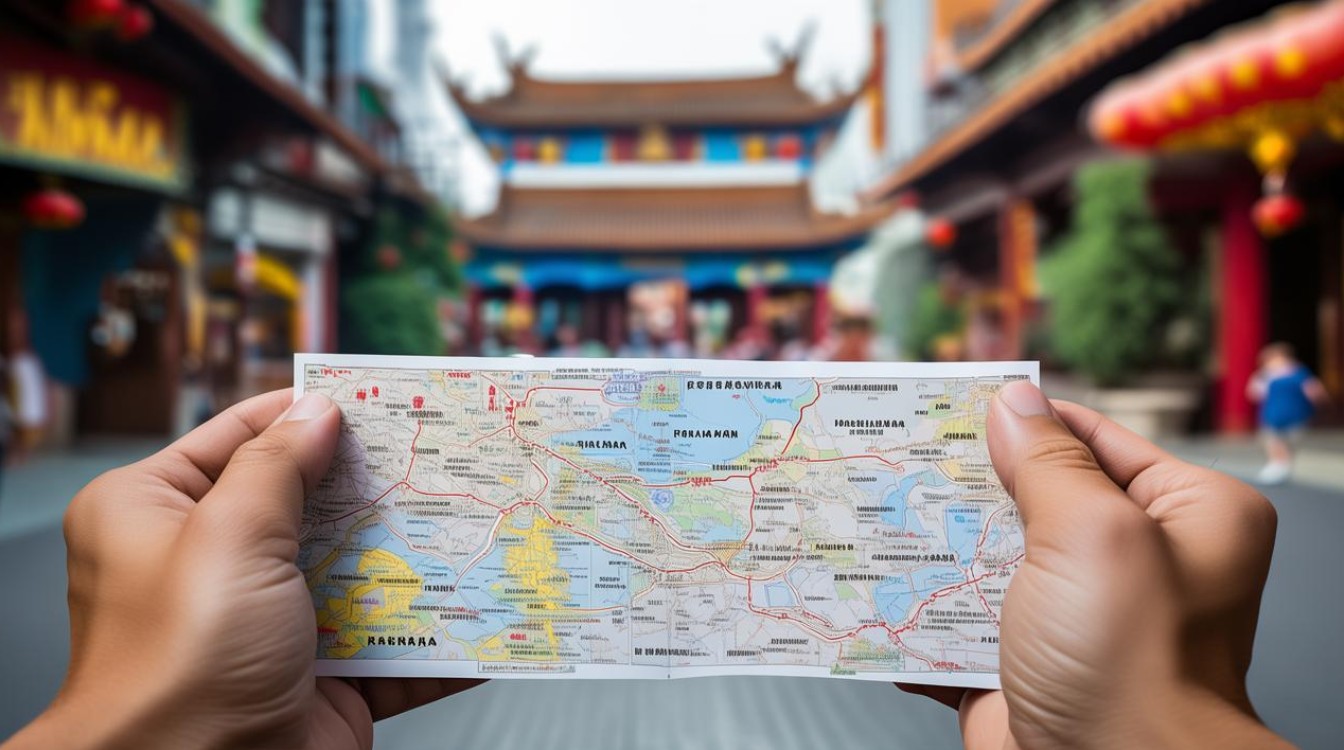When people search for how to say "佛山" in English, the direct answer is simple: Foshan. However, the story behind this translation goes beyond mere phonetics. As a city with deep historical roots and vibrant modern development, Foshan’s name carries cultural weight. Understanding its English equivalent offers a gateway to appreciating the city’s global identity.

The Origin of "Foshan" and Its English Rendering
The name "佛山" translates literally to "Buddha Mountain" in English. The city earned this name due to its association with Buddhism. According to historical records, in the Tang Dynasty, Buddhist scriptures were discovered on a local hill, leading to the construction of a temple. Over time, the area became known as "佛山," symbolizing spiritual significance.
In English, the city’s name is rendered as Foshan, following the Pinyin system—China’s official romanization standard for Mandarin. Pinyin ensures consistency in translating Chinese names globally, making it easier for international audiences to recognize and pronounce them correctly.
Why "Foshan" Instead of "Buddha Mountain"?
While "Buddha Mountain" might seem like a direct translation, it’s rarely used in official contexts. Here’s why:
-
Standardization in Global Communication
Chinese cities and landmarks are increasingly referred to by their Pinyin names internationally. This practice avoids confusion and aligns with diplomatic, economic, and cultural exchanges. For example, Beijing (not "Peking") and Guangzhou (not "Canton") are now standard. -
Preserving Local Identity
"Foshan" retains the original pronunciation, maintaining a connection to the city’s heritage. A direct translation like "Buddha Mountain" might lose the cultural nuances embedded in the name. -
Ease of Recognition
Pinyin is widely taught in language programs worldwide, making "Foshan" more accessible to non-native speakers.
Foshan’s Global Presence
As a major city in Guangdong Province, Foshan plays a significant role in international trade, manufacturing, and cultural exchange. Its English name appears in:
- Business and Trade – Foshan is a hub for ceramics, furniture, and home appliances, with companies like Midea and Country Garden operating globally.
- Tourism – The city attracts visitors to landmarks like the Ancestral Temple and Nanfeng Kiln, where "Foshan" is used in promotional materials.
- Cultural Exports – Foshan is the birthplace of Cantonese opera and martial arts legends like Wong Fei-hung, further cementing its name in global pop culture.
Common Misconceptions About the Translation
Some might assume that "Foshan" is a Westernized version of the name, but it’s actually the opposite—it’s a faithful representation of the original Mandarin pronunciation. Others may mistakenly think that "Buddha Mountain" is the official English name, but this is only a literal interpretation, not the standardized term.
How to Pronounce "Foshan" Correctly
For English speakers, pronouncing "Foshan" accurately involves breaking it down:
- "Fo" sounds like "faw" (rhyming with "saw").
- "shan" is pronounced like "shahn" (similar to "shan" in "Shanghai").
Put together, it’s "Faw-shahn," with equal emphasis on both syllables.
Foshan in Historical and Modern Contexts
The city’s name reflects its dual identity—a historical center of Buddhism and a modern industrial powerhouse. While "佛山" evokes images of ancient temples and martial arts, "Foshan" represents its contemporary global footprint. This duality makes the city unique, bridging tradition and innovation.
Why This Matters for Visitors and Learners
For travelers, students, or business professionals, using "Foshan" correctly shows respect for local culture. It also ensures clear communication in international settings. Whether discussing trade, tourism, or history, the standardized name avoids ambiguity.

Foshan’s Sister Cities and International Relations
The city has established sister-city relationships with places like Stockton, California, and Arequipa, Peru. In these partnerships, "Foshan" is the official designation, reinforcing its global identity.
The Role of Language in Cultural Exchange
Language is more than just words—it’s a bridge between cultures. By understanding how "佛山" becomes "Foshan," we gain insight into China’s approach to cultural diplomacy. The Pinyin system isn’t just about translation; it’s about creating a shared language for global interaction.
Foshan’s English name is a small but meaningful example of how cities present themselves to the world. It’s a reminder that names carry history, identity, and purpose. Whether you’re planning a trip, studying Chinese, or engaging in business, knowing the correct term fosters deeper connections.
The next time you hear "Foshan," remember—it’s not just a translation. It’s a reflection of a city that honors its past while embracing the future.



